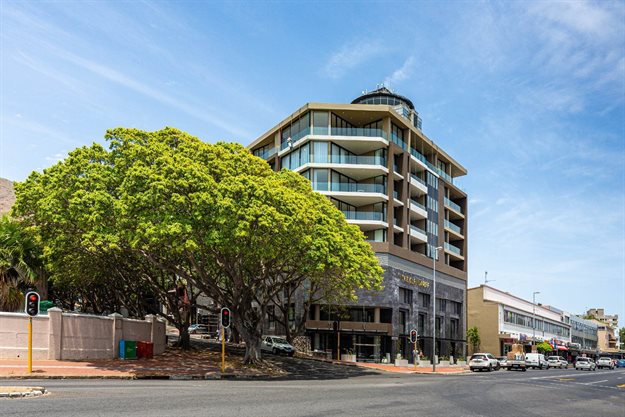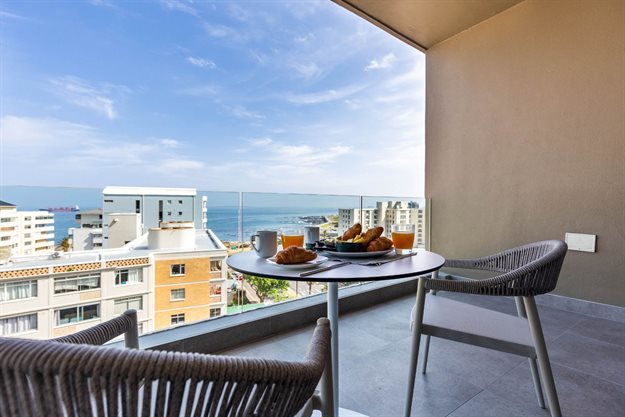
Top stories

Marketing & MediaWarner Bros. was “nice to have” but not at any price, says Netflix
Karabo Ledwaba 8 hours




Logistics & TransportMaersk reroutes sailings around Africa amid Red Sea constraints
Louise Rasmussen 1 hour

More news



















In the short-term accommodation category, which covers apartments of two bedrooms or more, including serviced units in the aparthotels sector, revenue per available room (RevPAR) was down just 4.5% from the same time last year. For the hotel category, which includes studios and one-bedroom apartments, RevPAR was down much more, at 64.8% from last year.
“We’ve never received as many enquiries from property developers and private investors wanting to know how they can re-equip their unsold residential properties for aparthotel running, as we’re getting now,” says Rael Phillips, co-owner and director of Totalstay, a Cape Town-based aparthotel operator.
In the months leading up to the pandemic, the accommodation industry had reached unprecedented levels of success, with annualised global hotel occupancy exceeding 66% for a record 58 consecutive months, and the US short-term rental peak-season occupancy rate growing at 2.3% annually, reaching a record high of 58.6% in 2019 from 52.6% in 2015. But, according to the study, the introduction of global travel restrictions hit hotels hard, due mainly to drastic cuts in demand in business and group-oriented travel.
The short-term rentals industry, by comparison, had just wrapped up a half-decade of nearly 300% total revenue growth prior to the pandemic, driven by travellers seeking more affordable and unique experiences. Despite growth dipping slightly in 2019, the industry remained strong. And even though performance indicators plummeted during the time of the global lockdown regulations as a result of Covid-19, the fall compared to hotels wasn’t as severe, according to the study.

“Aparthotels have shown decade-long growth because they offer far more value for money than conventional hotel accommodation,” says Phillips. It’s this steady growth, along with typical factors of an aparthotel product like greater living space, more amenities, better locations, and now enhanced social distancing and sanitisation, that may suggest why property developers and investors are seeing how the aparthotel market will offer more sustainable return on their spend, he says.
“When choosing an operator, investors shouldn’t overlook crucial aspects like a solid, well-run infrastructure that provides access to the best knowledge and resources; their ability to hire, train and retain excellent staff; the backing of an established, reputable aparthotel operator brand; and a flexible pricing model.”
Equally, a degree of patience and some calculated risk-taking are needed to take advantage of the aparthotel market. “The material impact the pandemic has had has much to do with the rands and cents that travellers now have available,” says Phillips. “People are wanting more value for their money, as well as safer facilities.”